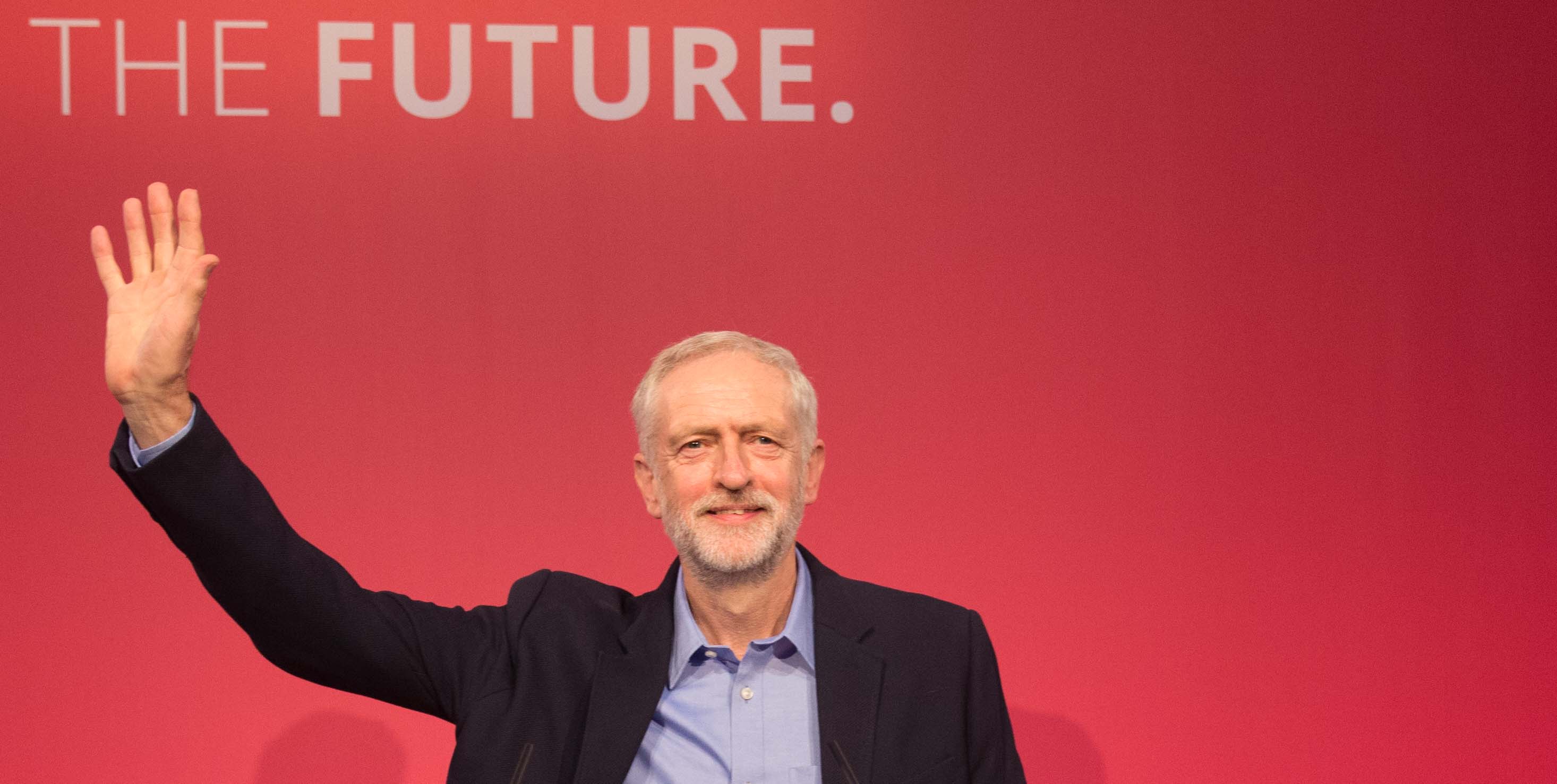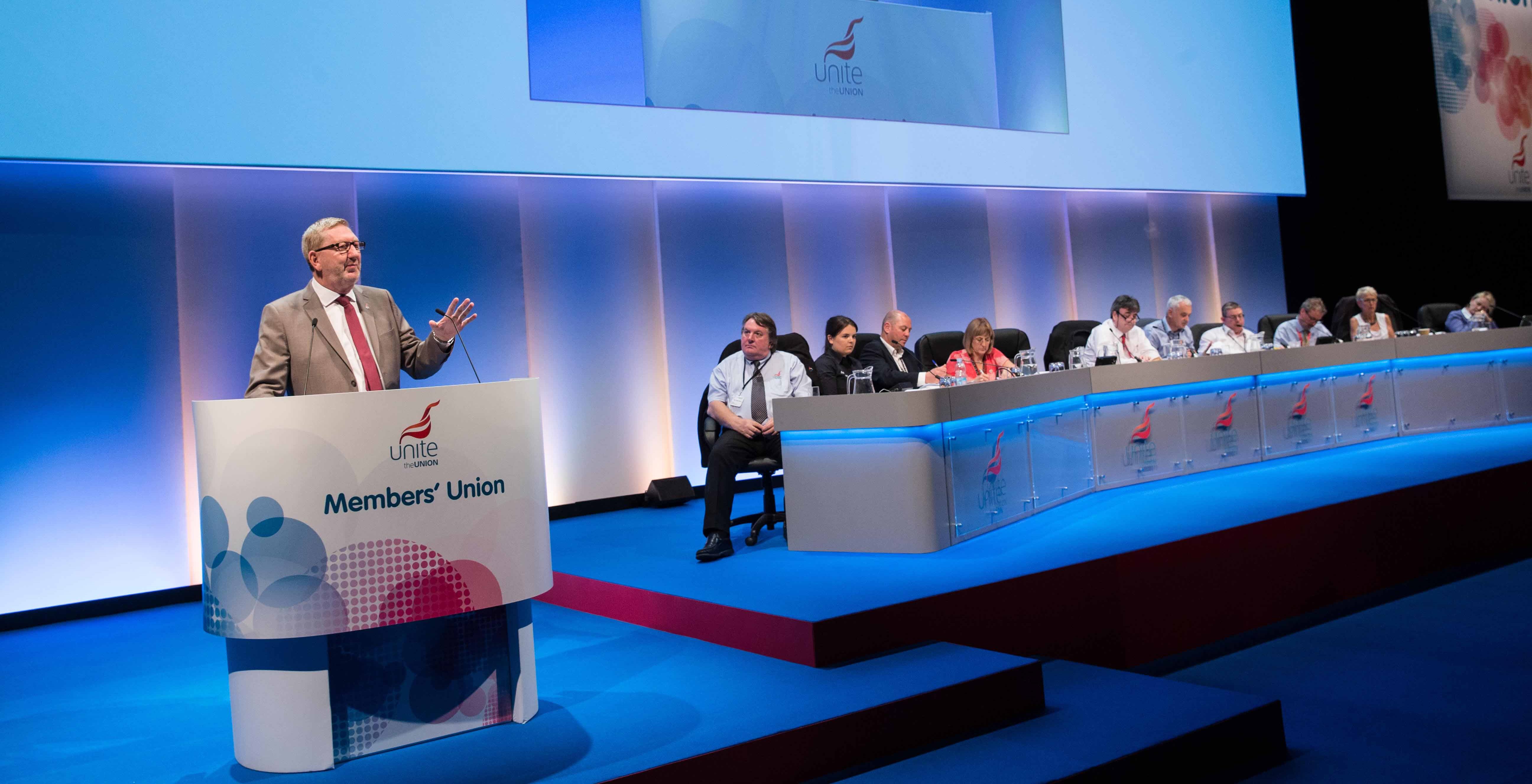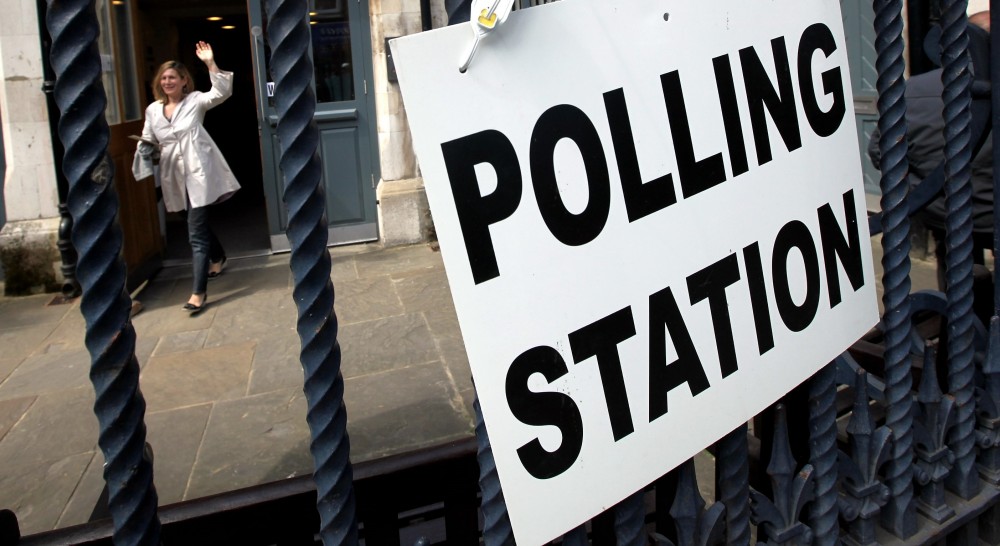Blame game does not help Labour
Surveying the general election’s political rubble the airwaves are already thick with Labour grandees sharing out the blame.
Blame Ed’s lack of appeal on the doorstep, blame the unions who put him there, blame the lack of the Blairite so-called ‘appeal to aspiration’. The list is endless and frequently misses the point.
This was an election fought on the economy. For the Tories this meant repeating over and over again that Labour’s profligacy had crashed the economy.
Osborne’s so called economic plan with its austerity programme had reversed an economic recovery that was evident in 2010. And as Paul Krugman the Economic Nobel Laureate wrote recently, the case for cuts was a lie. Austerity was a delusion – it didn’t produce growth. But it did let the Tories advance their agenda of destroying the welfare state.
Labour’s opponents were allowed to define economic credibility as cuts. When it looked as if there had indeed been an economic recovery with increased jobs Osborne was able to deploy the same rhetoric as was used in 1992 – you can’t trust Labour to protect the economy.  Labour tried to counter with proposals on zero hours, taking on gang masters and ending the abuse by Agencies exploiting migrant labour.
Ed seemed liberated during the campaign but his eloquence was too late, and too much of the central Tory argument had been conceded by default.
Inexplicable
The general election was lost on the day after the 2010 defeat when David Laws pulled out Liam Byrne’s puerile letter that there was no money left. And inexplicably the Labour leadership allowed the myth to ferment that public spending had caused the economic crash until in the end that slip of paper became a battering ram.
The austerity straitjacket and the obsession with the deficit meant he couldn’t fight one of the two flanks that Labour were up against – the SNP.
Labour is the architect of its own downfall in Scotland. The warning signals with the SNP had been there for years. Aligning with the Tories to get a no vote in the referendum was a disaster made worse as being unnecessary.
Now in this election it became a gift to the SNP and to Lynton Crosby who used the SNP to drive a wedge between English and Scottish voters.
Maybe it was the arrogant belief that the birthplace of the Labour Party would always be a stronghold. It is not a given that a party has to exist. Political parties elsewhere, and indeed the Conservatives in Scotland have disappeared.
We’ve had three party leaders tendering their resignation. Jim Murphy, Labour leader in Scotland refuses to do so. This is unsustainable.  For Labour to have a chance at next year’s Holyrood elections there needs to be a different leader with a fresh strategy.
We are a polarised country. SNP in Scotland. Labour with UKIP coming second in the north. Tories in the prosperous south. And London still largely a Labour city.
Tony Blair has been quick off the block claiming that the Labour party has to return to New Labour and the politics of aspirations. As if ensuring decent jobs, building houses, stopping the race to the bottom wasn’t aspirational. But any debate on the future has to recognise that a manifesto made up of retail offers, with no compelling unifying narrative is not enough.
Ideology still matters. Ed Miliband saw inequality as one of the UK’s major challenges.  He wanted higher taxes to ease the burden. I doubt if Cameron whose backers dole out ÂŁ50,000 â€club membership fees’ giving them access to himself and his cabinet will see redressing inequality as a priority.
There are comparisons being made with 1992. John Major’s victory soon hit a whirlwind caused by his euro-sceptic â€bastards’, the UK being chucked out of the ERM and the callous closure of the pits. These political and economic conditions laid the ground for a Labour victory. If John Smith had lived he’d have won.
These next five years will be a continuation of the coalition policies of cuts, attacks on the unions while simultaneously enriching the already rich. Boundary changes may well make a Labour comeback harder.
But the last thing we need is a return to the Blairite past, and a “wealth creation” model that collapsed in 2008.
*Joy Johnson writes in a personal capacity. This comment first appeared in Tribune, May 15.
 Like
Like Follow
Follow


